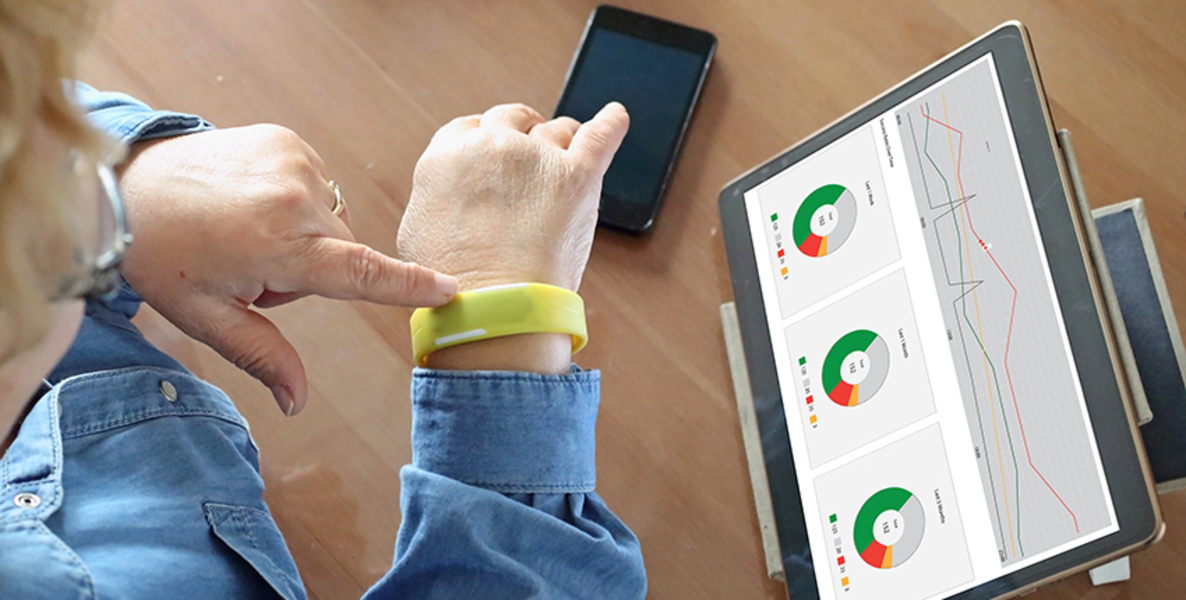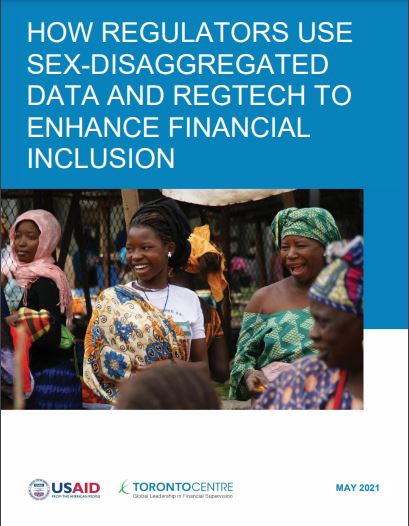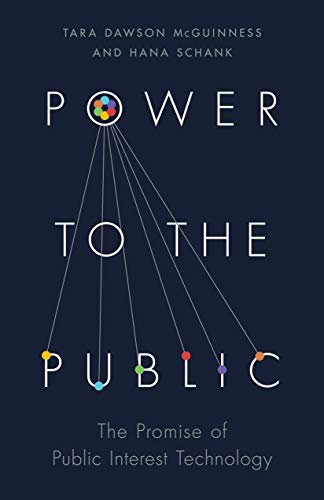Nigeria. PenCom says 72,000 participants registered for Micro Pension Plan
The National Pension Commission (PenCom) has disclosed that 72,000 participants have been registered under the Micro Pension Plan (MPP) as at November 2021. This was disclosed by Head, Micro Pension Department, PenCom, Mr Dowda Ahmed, in an interview on Friday with NAN during the Pension Fund Operators Association of Nigeria (PenOp) Annual Media Parley in Lagos, themes, “Micro Pension – Challenges and Opportunities.” He also pointed out the category of people under the scheme. What PenCom is saying Ahmed stated that the scheme...










